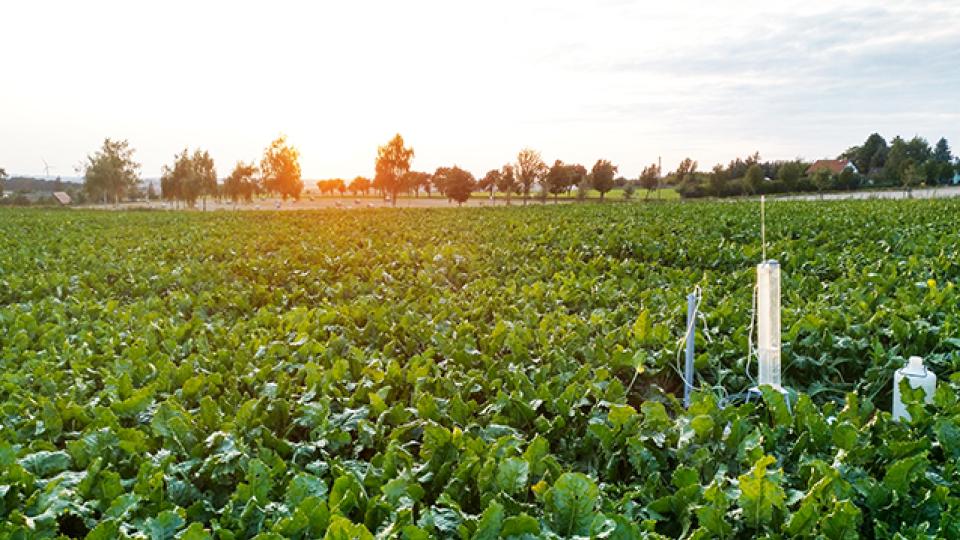
Assessments support policy- and decision-making by processing performance data and information according to various interests (e.g., sustainability, resilience, risk, resource footprints, nexus footprints), thereby supporting the operationalisation of the Resource Nexus concept.
UNU-FLORES assessment projects shall promote a research view of a resource beyond its siloed biophysical-oriented, or environmental aspects, by including social, institutional, and economic factors to align with the comprehensive and holistic view proposed by the Resource Nexus perspective. They shall also support identifying and quantifying the trade-offs, synergies and interconnections relevant for the Resource Nexus.
Assessment projects shall take an analytical approach to supporting Nexus research while considering two levels of impact: the internal short-term perspective (within UNU-FLORES) and the external long-term perspective (other institutes and partners). At the first level, it is expected that the sharing of a collective understanding of the significance of the assessments interest for the Resource Nexus (e.g., sustainability, resilience, resource footprint), will enable researchers to apply various criteria in project design, while striving for sustainable goals such as cost-effectiveness, gender balance and remote work (supporting e.g., SDGs 5/gender and 13/climate). At the second level, the achievement of internal impacts and specific outcomes should support the predominant impact of Resource Nexus research, namely the uptake of a balanced consideration of trade-offs and synergies in natural resource management.
